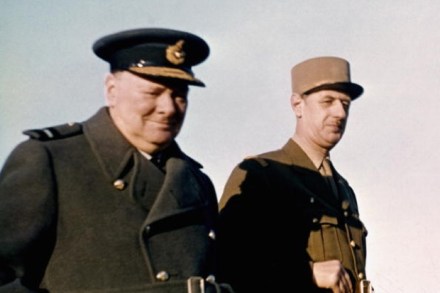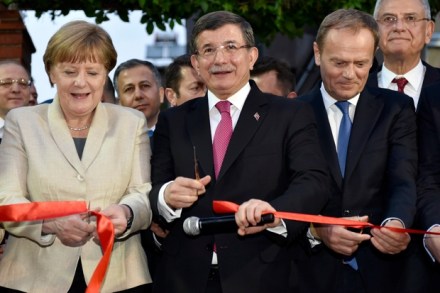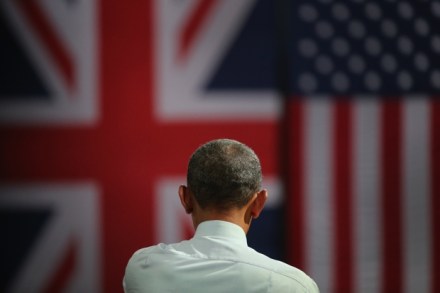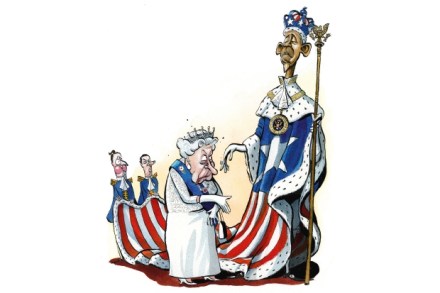What does Davutoglu’s resignation mean for Turkey and the EU?
Ahmet Davutoglu’s resignation comes at a sensitive moment for the EU’s migration deal with Turkey. Why did the prime minister fall from the sultan’s favour, and what does it mean? Over the past few weeks Davutoglu appeared increasingly worried about the hollowing out of his position. He had every right to be frustrated. In late April his grip on the AK party was weakened, as party bosses decided to stop him from appointing provincial party executives. Davutoglu has been, of course, head of government and head of the ruling AK party in name only. The real chief sits in a 1000-room presidential palace overlooking Ankara. The Turkish presidency is supposed

















